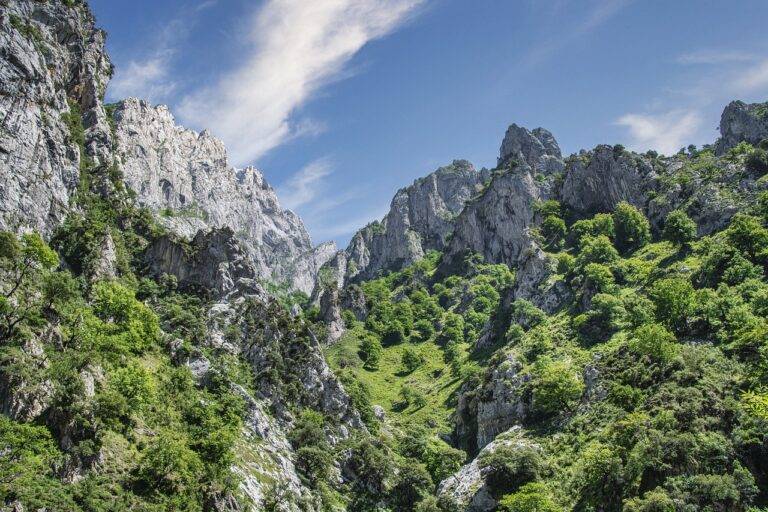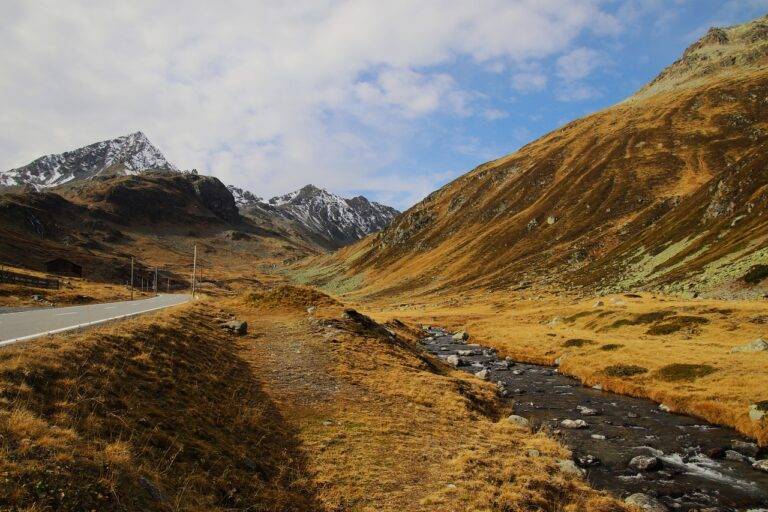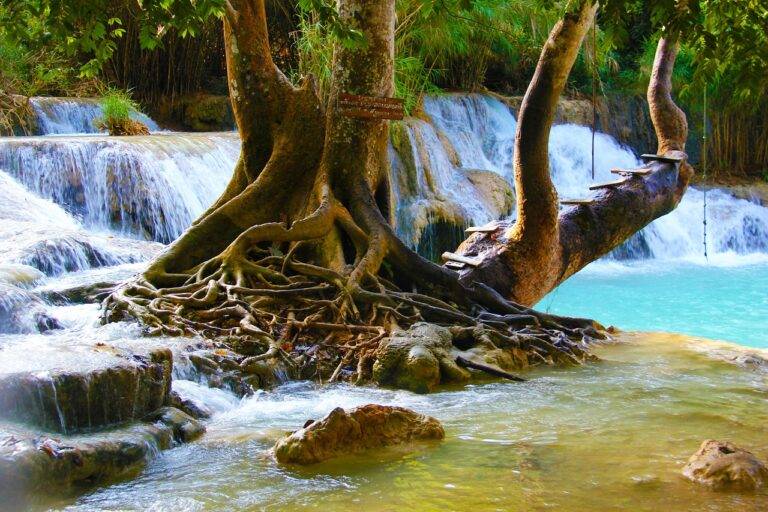Responsible Diving Tourism: Preserving Marine Environments While Exploring Underwater Worlds
Divers interested in marine conservation have various educational avenues open to them. Many organizations offer specialized courses and workshops that focus on teaching divers about the importance of preserving marine ecosystems and the impact of human activities on marine life. These programs often include hands-on experiences, such as coral reef restoration projects and marine debris clean-ups, to provide participants with practical skills and knowledge.
In addition to formal courses, divers can also take advantage of informational resources available online, including websites, documentaries, and research articles that delve into topics related to marine conservation. Many diving agencies and environmental groups provide these resources free of charge, making it easier for divers to educate themselves about the issues facing the oceans and what they can do to contribute to their protection. By actively seeking out these educational opportunities, divers can play a crucial role in promoting sustainable diving practices and safeguarding the health of marine ecosystems for future generations.
The Future of Responsible Diving Tourism
Responsible diving tourism is gaining increasing attention as marine ecosystems face growing threats from human activities. Divers play a crucial role in advocating for marine conservation and sustainable diving practices. It is essential for diving operators and organizations to prioritize environmental conservation in their operations to ensure the long-term health of our oceans.
As the number of divers around the world continues to rise, there is a pressing need for education and awareness around responsible diving practices. By offering training programs and workshops focused on marine conservation, diving centers can empower divers to become ambassadors for the protection of our underwater world. In the future, a collective effort from the diving community will be vital in preserving the beauty and biodiversity of our oceans for generations to come.
Why is it important for divers to learn about marine conservation?
Divers play a crucial role in protecting marine environments, so it is important for them to understand the impact of their actions and how they can contribute to conservation efforts.
What are some educational opportunities available for divers to learn about marine conservation?
Divers can take specialized courses in marine conservation, participate in conservation-focused dive trips, or volunteer for marine conservation organizations.
How can responsible diving tourism help protect marine ecosystems?
Responsible diving tourism involves practices that minimize negative impacts on marine ecosystems, such as avoiding contact with marine life, reducing waste, and supporting sustainable tourism initiatives.
What are some examples of sustainable diving practices that divers can adopt?
Divers can reduce their use of single-use plastics, choose eco-friendly dive operators, participate in underwater clean-up activities, and report any environmental concerns they observe during their dives.





